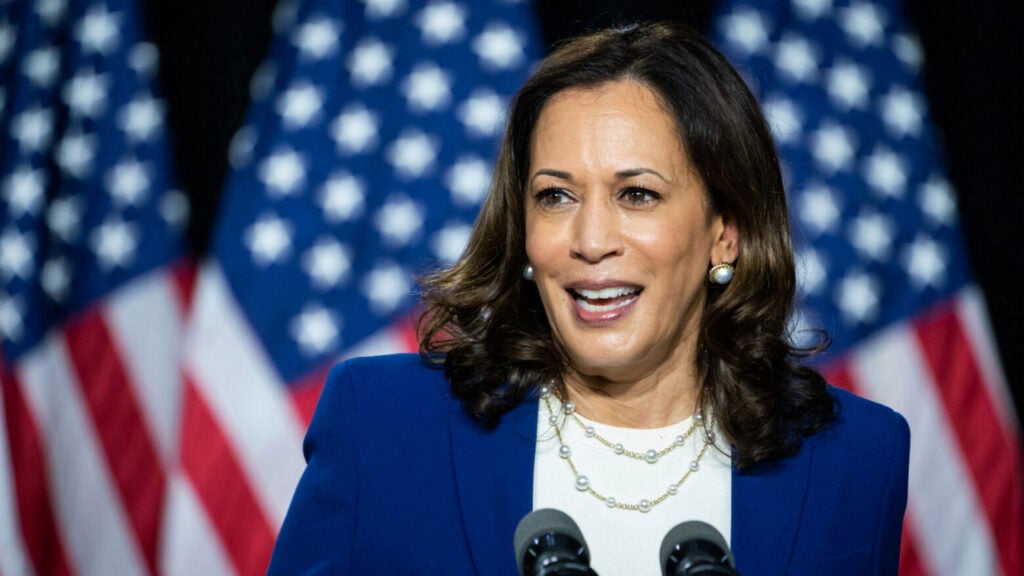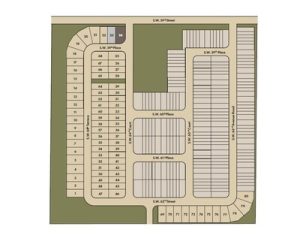
Home prices are a factor in the upcoming presidential election, with new research suggesting the housing market’s performance could influence voter behavior in key battleground states.
Nationally, home prices have surged 47% over the past four years through July of this year, according to data from the S&P CoreLogic Case-Shiller Home Price Index cited by Realtor.com. While the increase has created affordability challenges for first-time buyers, academic research indicates it might boost Vice President Kamala Harris’ electoral prospects.
Don’t Miss:
A recent study examining the relationship between housing prices and presidential elections found that counties seeing stronger home price gains tend to support the incumbent party’s candidate. The research, led by Eren Cifci, assistant professor of finance at Austin Peay State University, analyzed six presidential elections from 2000 to 2020.
“In our study, we found that when an incumbent party candidate runs for reelection, voters respond more strongly to increases in their home values and tend to favor the incumbent party,” Cifci said to Realtor. “We also found evidence that voters tend to favor the incumbent party even if a different candidate from the incumbent party runs for the election.”
Trending: Warren Buffett once said, “If you don’t find a way to make money while you sleep, you will work until you die.” These high-yield real estate notes that pay 7.5% – 9% make earning passive income easier than ever.
The findings carry particular weight given the current housing landscape. Freddie Mac estimates a national shortage of at least 1.5 million housing units, contributing to the price surge both campaigns addressed in their policy platforms.
The Trump campaign has targeted Democratic policies as responsible for housing affordability issues while Harris has outlined plans to increase starter home availability.
Homeowners, who represent nearly 66% of housing units nationwide, could impact the election outcome. This demographic typically shows higher voter registration and turnout rates than renters. The study found that counties with superior home price gains four years before an election were more likely to vote to support the incumbent party’s candidate.
See Also: This Jeff Bezos-backed startup will allow you to become a landlord in just 10 minutes, and you only need $100.
“Particularly in such a close race, even small factors can have a significant impact on the outcome,” Cifci said. His research holds special relevance for swing states, where margins of victory often come down to a few thousand votes.
However, Cifci maintains measured expectations about the study’s predictive power. “There are multiple dynamics at play and several unique aspects of this election. I think it is hard to say with certainty how each factor will influence voter behavior.”
The housing market’s influence on voter behavior follows a pattern similar to the stock market’s traditional impact on incumbent support.
While Harris might not benefit as strongly as an incumbent president would, the research suggests rising home values could still work in her favor, particularly in closely contested counties.
Read Next:
Market News and Data brought to you by Benzinga APIs
© 2024 Benzinga.com. Benzinga does not provide investment advice. All rights reserved.
